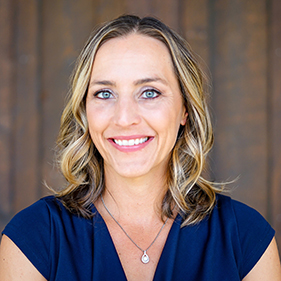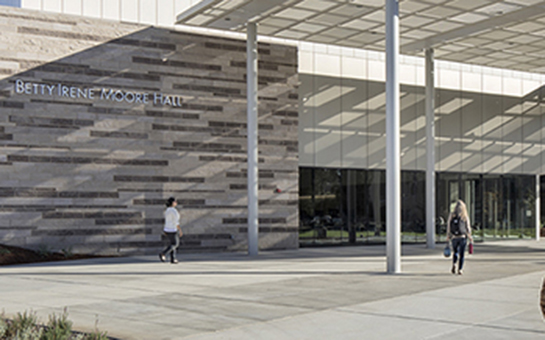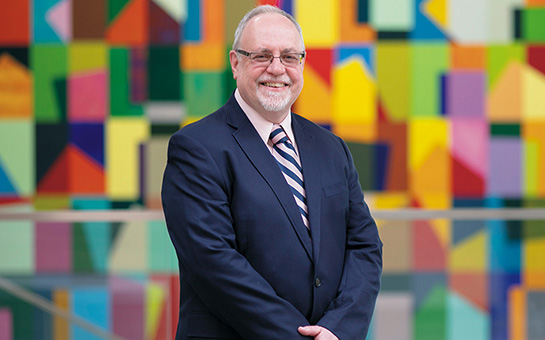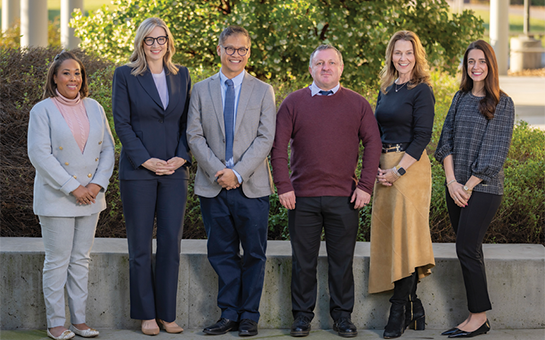A comprehensive new toolkit will help rural communities across the U.S. improve quality of life, health outcomes and well-being of older adults, adults with disabilities and their caregivers.
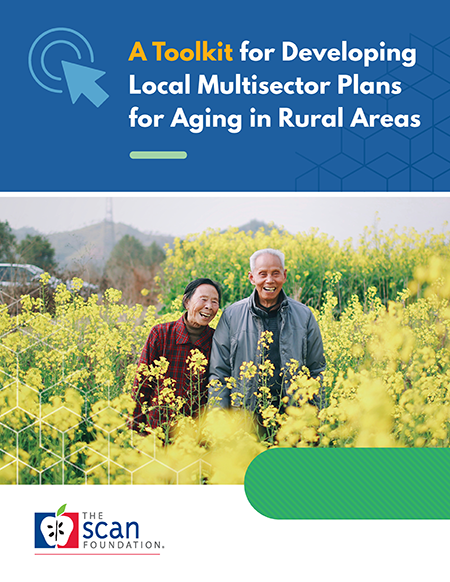
The effort was led and funded by The SCAN Foundation with support from the Betty Irene Moore School of Nursing at UC Davis. It assists rural communities in developing local Multisector Plans for Aging (MPA), a comprehensive strategy that addresses the needs and opportunities of an aging population.
The toolkit and corresponding webinar provide valuable resources to guide local leaders in addressing the unique needs of aging populations in rural areas.
“Older adults in rural communities face unique challenges when it comes to ensuring equitable, timely and accessible home and community care and supports,” said Narda Ipakchi, M.B.A., vice president of policy at the foundation. “By listening to those with lived experience, we can develop local-based plans on aging that reflect what older adults living in rural areas say they need and build the supports necessary to ensure they are given the opportunity to age well, with purpose in their community.”
To address this gap, The SCAN Foundation launched a Rural MPA Initiative, supporting three coalitions to develop local MPAs. For two years, regions shared with one another, facilitating progress in each region.
The SCAN Foundation funded Pauline DeLange Martinez, M.A., Ph.D., a researcher in the School of Nursing’s Family Caregiving Institute, to serve as a bridge among the three regions, coordinating shared learning and advocacy opportunities. She said rural communities can really benefit from developing local, multisector plans for aging because they have a larger proportion of older adults and higher rates of disability.
“Residents in these areas experience greater financial insecurity, with racial and ethnic disparities further exacerbated by geographic inequities. Rural communities also rely more heavily on informal caregivers and face critical challenges such as inadequate transportation infrastructure and a persistent digital divide,” DeLange Martinez explained. “Developing tailored, multisector plans for aging can address these disparities and enhance the quality of life for rural residents.”
“Rural communities also rely more heavily on informal caregivers and face critical challenges such as inadequate transportation infrastructure and a persistent digital divide.”—Pauline Delange Martinez, School of Nursing researcher
The goals of an MPA
An MPA encourages collaboration across different sectors to fill gaps in services and infrastructure. These can include health care, transportation, housing and care coordination.
The California Master Plan for Aging launched in 2021, brought together state agencies, community leaders, and stakeholders to craft a 10-year blueprint promoting healthy aging. A key realization was that change also needs to happen locally. This new toolkit, which draws upon experiences from the master plan and initiative, is intended to help rural areas meet that challenge.
A new $200,000 grant from The SCAN Foundation in 2025 allows DeLange Martinez to continue her collaborative work and develop policy briefs. This work complements other initiatives in the Family Caregiving Institute, including collaborations with the California Department on Aging to evaluate and advance programs to support family caregivers.

